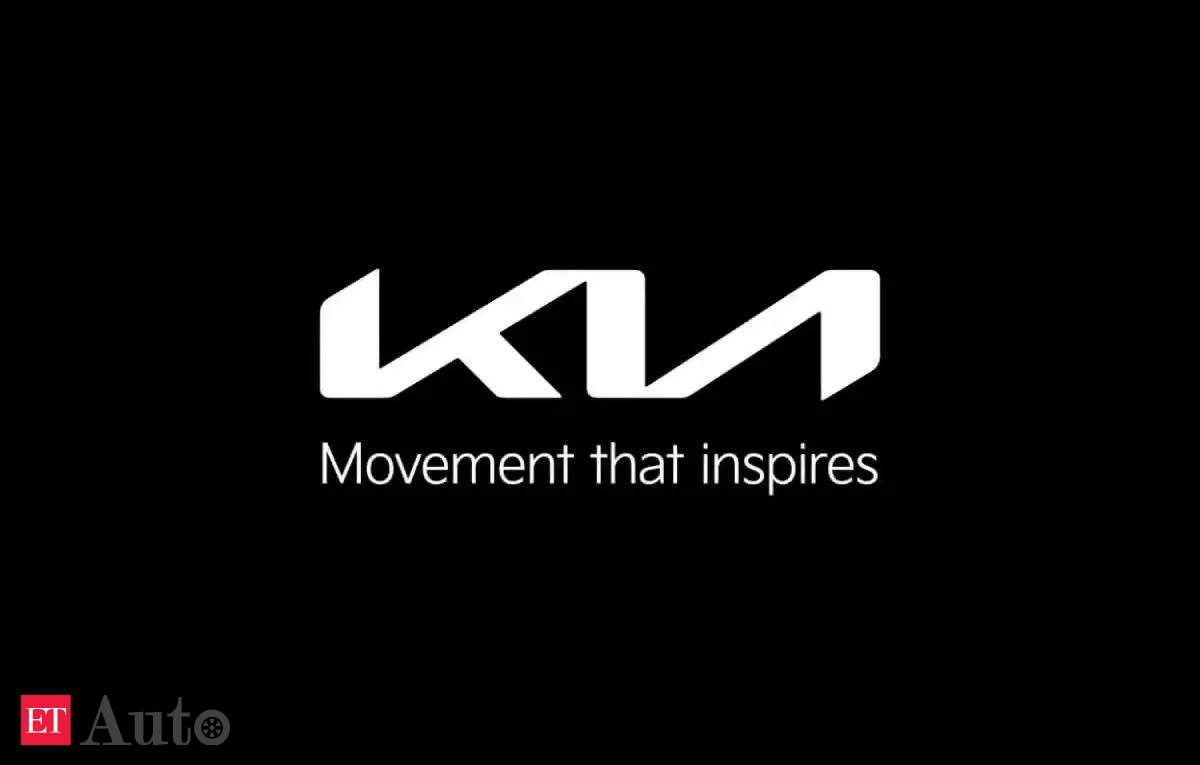Americans Overwhelmingly Support Auto Technology that Stops Drunk Drivers, New Ipsos Survey Shows

Law Backed by MADD that Mandates Impaired Driving Prevention Technology Passed One Year Ago Today
WASHINGTON, Nov. 15, 2022 /PRNewswire-PRWeb/ — A new Ipsos poll shows that 9 out of 10 Americans support technology that is integrated into a car’s electronics to prevent drunk driving. The new poll results come one year after the bipartisan HALT Act was signed into law as part of the Infrastructure Investment and Jobs Act. The law gave the National Highway Traffic Safety Administration (NHTSA) three years to establish an auto safety standard for all new cars that detects and prevents impaired driving.
91{38557cf0372cd7f85c91e7e33cff125558f1277b36a8edbab0100de866181896} of respondents said the technology is a good or very good idea. Support for the technology spans gender, age, income and regional differences. The most common factor that influences support for impaired driving prevention technology in all new cars is cost, according to the poll commissioned by Mothers Against Drunk Driving (MADD). 78{38557cf0372cd7f85c91e7e33cff125558f1277b36a8edbab0100de866181896} of respondents said they are much more or somewhat more likely to support the technology if it comes at no extra cost to consumers.
“MADD agrees that safety should not just be a luxury for people who can afford to pay for it,” said MADD National President Alex Otte. “Advanced, passive technology that prevents impaired driving should be as standard as seatbelts and airbags – not an upcharge and not an option. There’s a crisis on our roads, and every month we wait to get this technology on all new cars means more than 1,000 preventable deaths and 25,000 preventable injuries caused by drunk driving.”
The bipartisan HALT Act, led by Congresswoman Debbie Dingell in the U.S. House of Representatives and Senator Ben Ray Luján in the U.S. Senate, sets the three-year timeframe for NHTSA to identify the new auto safety standard, then gives auto makers another two to three years to implement it. The three-year timeline began on November 15, 2021. Victims and survivors of impaired driving were the driving force behind the legislation, with strong support from MADD, traffic safety partners, leading alcohol companies and 13 top insurance companies.
“We have the technology now to stop drunk driving, and every day we fail to implement it, more lives are lost to preventable tragedy,” said Congresswoman Dingell. “I’m proud that a year ago, we passed this critical priority as a part of the Bipartisan Infrastructure Law. It is beyond time we made sure it is implemented in vehicles and start saving lives.”
According to the Ipsos poll, 82{38557cf0372cd7f85c91e7e33cff125558f1277b36a8edbab0100de866181896} of respondents support or somewhat support the Congressional mandate for drunk driving prevention technology in all new cars, up from 77{38557cf0372cd7f85c91e7e33cff125558f1277b36a8edbab0100de866181896} before the law passed last year.
“Today, I’m honored to mark one year since the HALT/RIDE Act was signed into law, paving the way for safer roads and streets in New Mexico and across our country. As a survivor of a drunk driving crash, I’m proud this initiative will save lives each year and prevent families from receiving that painful phone call of losing a loved one,” said Senator Luján. “As we celebrate this anniversary and the progress we’ve made, we will continue our momentum and work with Secretary Buttigieg and NHTSA to fully implement this law so that no more families know the pain of losing a loved one to drunk or impaired driving.”
In the one year since the HALT Act was signed into law, an independent Technical Working Group was formed to explore potential technologies that could meet the law’s requirement. The Technical Working Group is co-chaired by Stephanie Manning, Chief Government Affairs Officer at MADD, and Dr. Jeffrey Michael, Distinguished Scholar at the Johns Hopkins Center for Injury Research and Policy and former Associate Administrator at NHTSA.
The push for the new auto safety standard received a powerful endorsement in September, when the National Transportation Safety Board (NTSB) issued a strong statement of support for in-vehicle alcohol-detection technology and exploration of other technologies such as driver monitoring. According to the Ipsos poll, 58{38557cf0372cd7f85c91e7e33cff125558f1277b36a8edbab0100de866181896} of respondents said they were more likely to support passive drunk driving prevention technology in all new cars if the NTSB endorsed it.
“It’s no mystery: we know how to eliminate impaired driving and save thousands of lives every year. What we lack is the will to implement proven solutions,” said NTSB Chair Jennifer Homendy. “The cost of inaction is unacceptable, which is why the NTSB continues to push for alcohol impairment detection systems in all new vehicles, among other lifesaving measures.”
Every 45 minutes in the U.S., a person dies in a drunk driving crash and every 2 minutes a person is injured. MADD has launched a landing page on madd.org with a countdown until the impaired driving prevention standard deadline is met.
The campaign calls attention to thousands of preventable deaths and injuries from alcohol-related crashes since November 15, 2021: the day President Biden signed the historic legislation into law. MADD is urging the public to visit the website and follow simple instructions to ask their U.S. Senators and Representatives to ensure USDOT meets the three-year deadline mandated by the law.
According to the highly respected Insurance Institute for Highway Safety, more than 9,400 deaths could be prevented annually by making impaired driving prevention technology standard in every new car. Countless injuries could also be prevented.
While America’s seven consecutive quarters of traffic fatality increases appeared to reverse course in the second quarter of this year, according to data from NHTSA, the big picture remains unacceptable: Traffic fatalities are still dramatically higher than they were a decade ago. As U.S. Transportation Secretary Pete Buttigieg has stated, we are facing “a national crisis of fatalities and serious injuries.”
About the Ipsos Survey
The poll was conducted October 28-30, 2022, by Ipsos using its KnowledgePanel®. This poll is based on a nationally representative probability sample of 1,030 general population adults age 18 or older, with a margin of sampling error of +/- 3.1 percentage points at the 95{38557cf0372cd7f85c91e7e33cff125558f1277b36a8edbab0100de866181896} confidence level.
About Mothers Against Drunk Driving
Founded in 1980 by a mother whose daughter was killed by a drunk driver, Mothers Against Drunk Driving® (MADD) is the nation’s largest nonprofit working to end drunk driving, help fight drugged driving, support the victims of these violent crimes and prevent underage drinking. MADD has helped to save more than 400,000 lives, reduce drunk driving deaths by more than 50{38557cf0372cd7f85c91e7e33cff125558f1277b36a8edbab0100de866181896} and promote designating a non-drinking driver. MADD’s Campaign to Eliminate Drunk Driving® calls for law enforcement support, ignition interlocks for all offenders and advanced vehicle technology. MADD has provided supportive services to nearly one million drunk and drugged driving victims and survivors at no charge through local victim advocates and the 24-Hour Victim Help Line 1-877-MADD-HELP. Visit http://www.madd.org or call 1-877-ASK-MADD.
Media Contact
Becky Iannotta, Mothers Against Drunk Driving, 202.600.2032, [email protected]
SOURCE Mothers Against Drunk Driving







